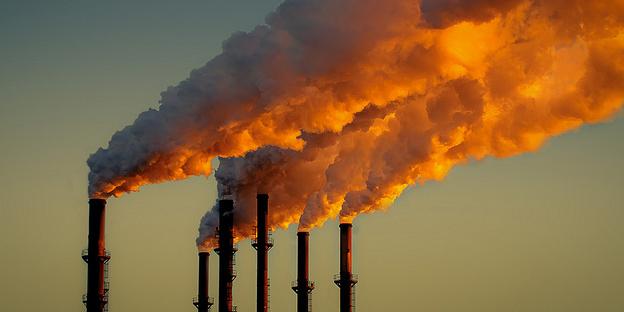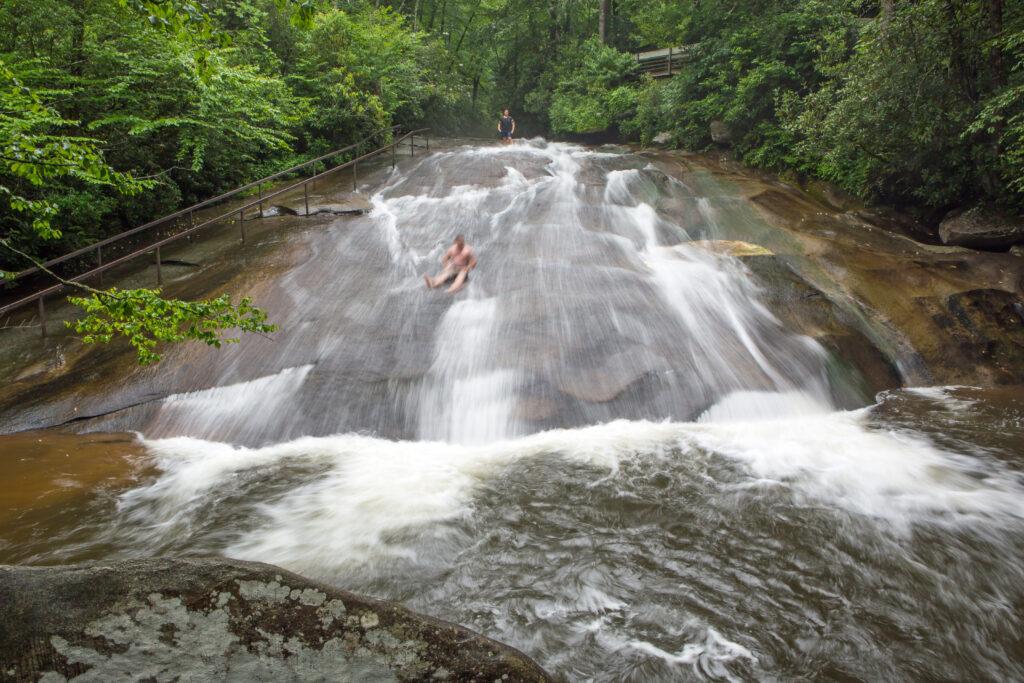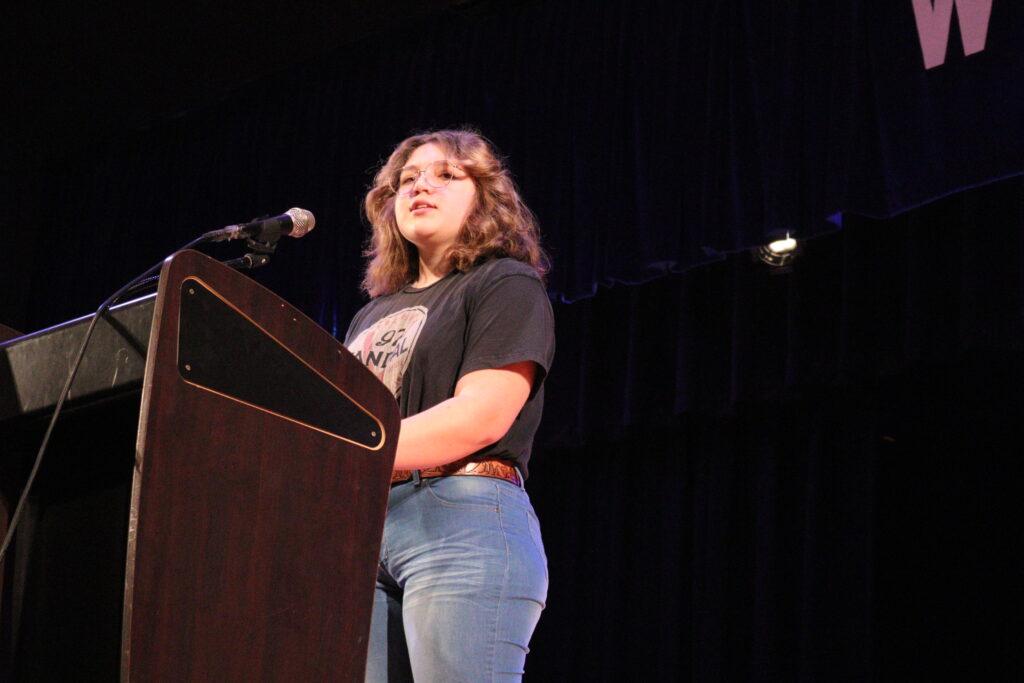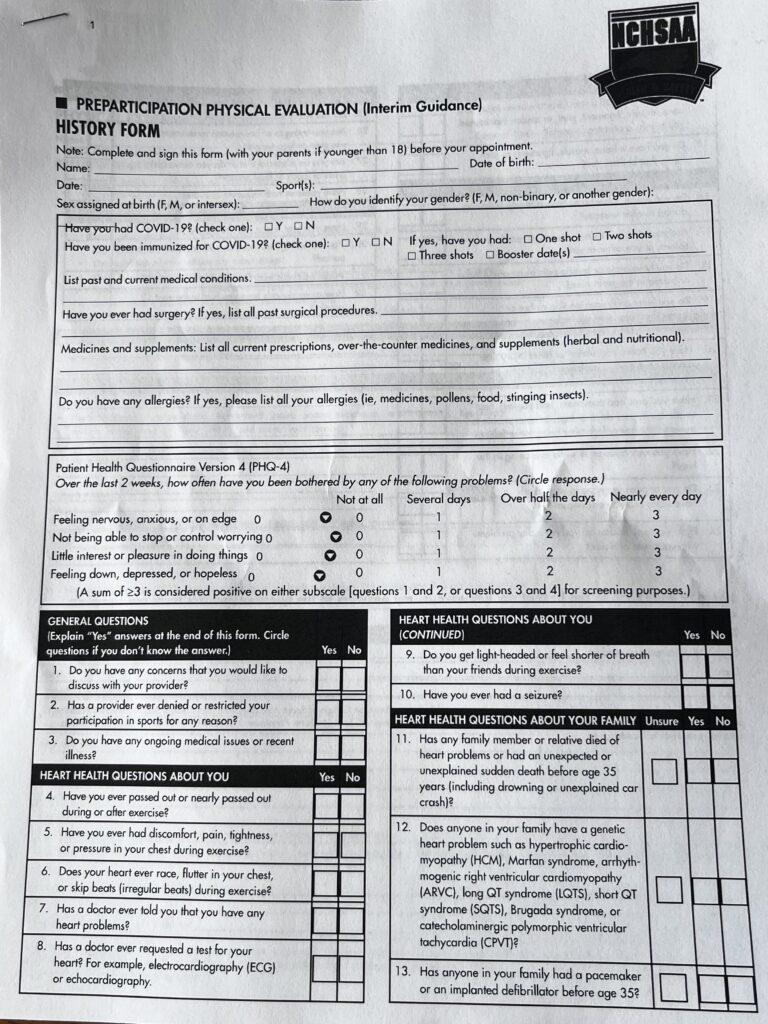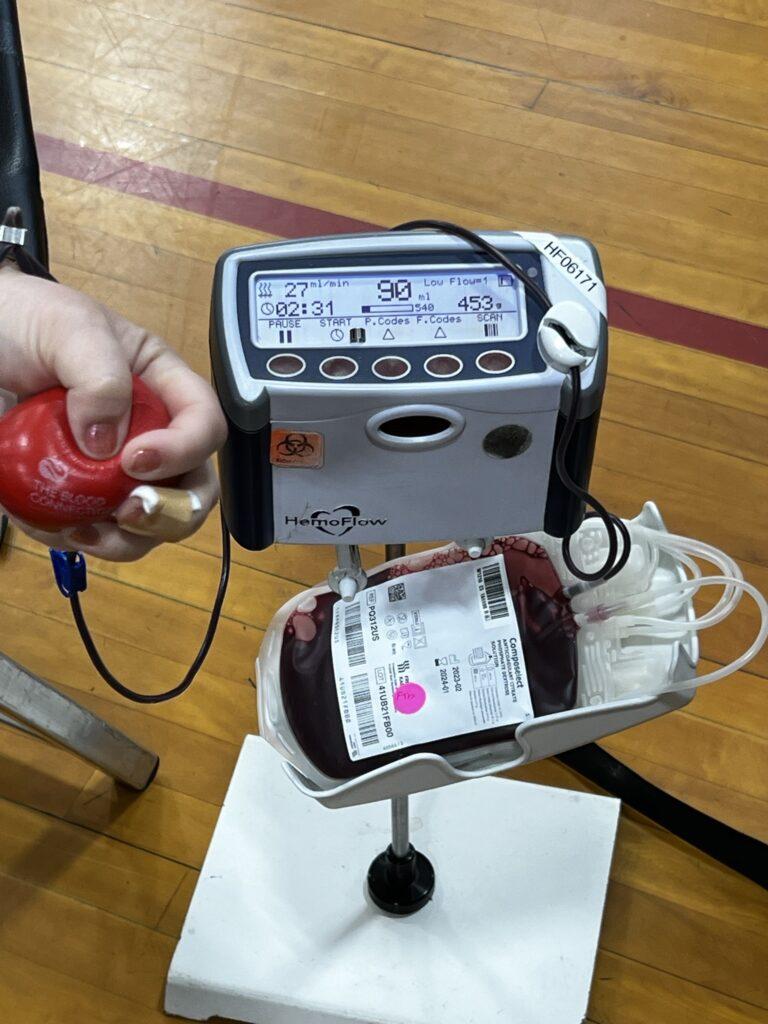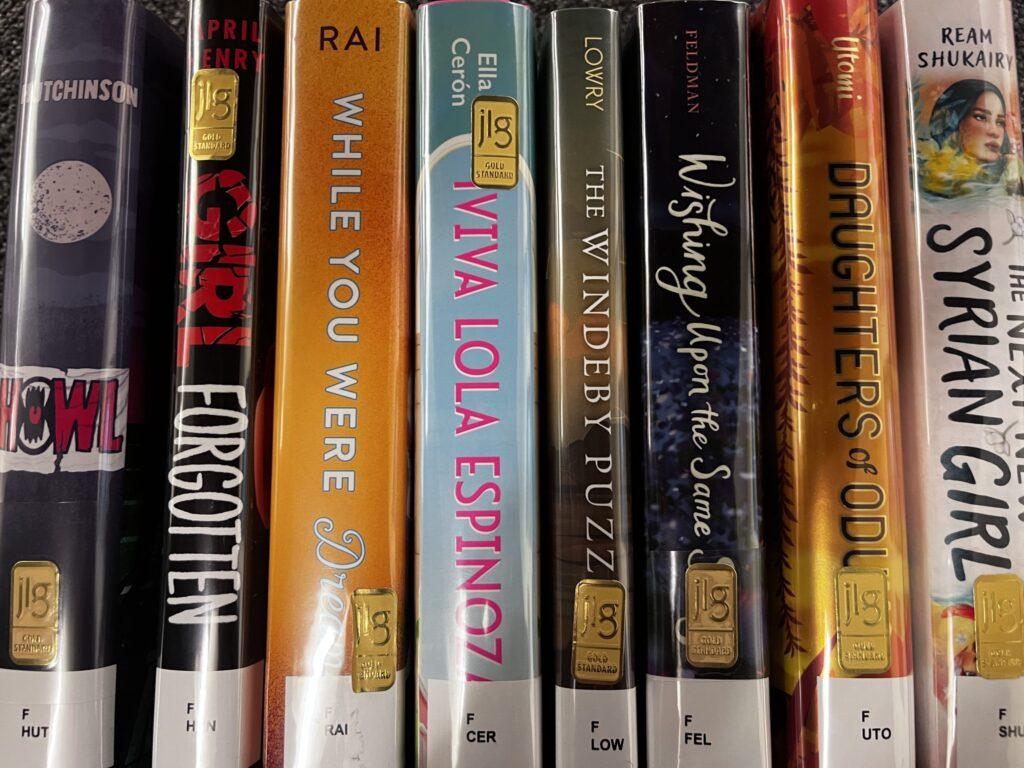The emaciated man clutched his parched throat. He hadn’t had a drink of water in two days. He stared down at the cabs floating down the river running through Wall Street. The water was an awful brown color and infected with cholera. The flood had wiped his family along with most of the city. Those who remained had to fight for the resources that were left. This is not a hypothetical situation. It may sound like something out of a science fiction movie, but according to the United Nations Intergovernmental Panel on Climate Change this future may be less than a 100 years away.
“Impacts from recent climactic events, such as heat waves, droughts, floods and wildfires, show significant vulnerability and exposure of some ecosystems and many human systems to climate variability,” according to The United Nations Intergovernmental Panel on Climate Change or IPCC. “Impacts include the alteration of ecosystems and of food production, damage to infrastructure and settlements, morbidity and mortality, and consequences for mental health and human well being.” In layman’s terms; Climate events caused human action are causing a significant negative effect on the Earth and its people.
Climate change is defined by the IPCC as “a change in the state of climate that can be identified by the mean or variability of its properties, and that persists for an extended period typically decades or longer.” Climate change differs from global warming in that global warming specifically refers to an increase in global temperatures, whereas climate change refers to a change in all climate events over a long period of time.
“I personally don’t believe in the term global warming. I think what we are experiencing right now is climate change,” English II, World History, and Advanced Placement European History teacher Angela Perry said. “The earth is getting warmer and I’m absolutely certain that humans are contributing to the earth warming, but I also know that the Earth has warmed in different times in history that had nothing to do with human kind.”
The IPCC is over 95 percent sure that human interaction in climate change is causing a negative effect on the Earth, its people and its resources. But some, like Conservative Radio Show Host Rush Limbaugh, cling to that 5 percent.
“The reason I know this is a hoax…(Is the) Worldwide left. Socialist international” Limbaugh said on his talk radio show . “People who want to control people’s lives, have high taxes and big government are behind it. That’s all you need to know to know that it’s a hoax, that it’s made up of, it’s a vehicle to achieve something else.”
Limbaugh is not the only skeptic. A new poll by Gallup shows that 39 percent of Americans are skeptical of global warming. Even scientists like Wille Soon a geoscientist and astrophysicist at the Harvard-Smithsonian Astrophysics Research Center deny climate change.
“Those people are so out of their minds,’’ Soon said, referring to scientist who believe in global warming. “And they call this science.”
If climate change is ocurring then it poses significant effects on the earth and its people. According to the National Aeronautical and Space Administration these effects include but are not limited to: increase in frequency and duration of heat waves, deforestation, species extinction, increased flooding and erosion, and limited access to food and water. Science teacher Larry Ashcraft believes that climate change could have other negative effects.
“Sea ice is melting; you can’t fake glaciers disappearing. Water levels will increase and flood low lying areas,” Ashcraft said. “More so than that there will be bad shifts in climate, and specifically desertification, were the desert encroaches on lands people have inhabited in the past. This happened to Lake Chad a couple of years ago. The lake dried up and the people living in the farming regions were forced to leave. That was a pretty significant effect.”
In fact, from 1963 to 1998 Lake Chad shrank by 95 percent according to the United Nation Environment Program or UNEP. The UNEP also reports that this shrink is due to desertification caused by climate change and that Lake Chad provides water for almost 30 million people.
So what can be done to fix this overwhelming problem?
“Have fewer babies” Ashcraft said “I think feeding people is the worlds greatest problem. The ultimate problem is overpopulation which makes the climate change issue worse. We are burning too much stuff to produce things for all these people a lot of people are dying of hunger because there is not enough food to go around. We just have too many people on the planet. We need to get a handle on birth control.”
Whether or not you believe in global warming, it’s better to be safe than sorry.
“Lets air on the side of caution” Ashcraft said. “What could be so horrible about trying to limit greenhouse gas emissions?”
by Ari Sen

